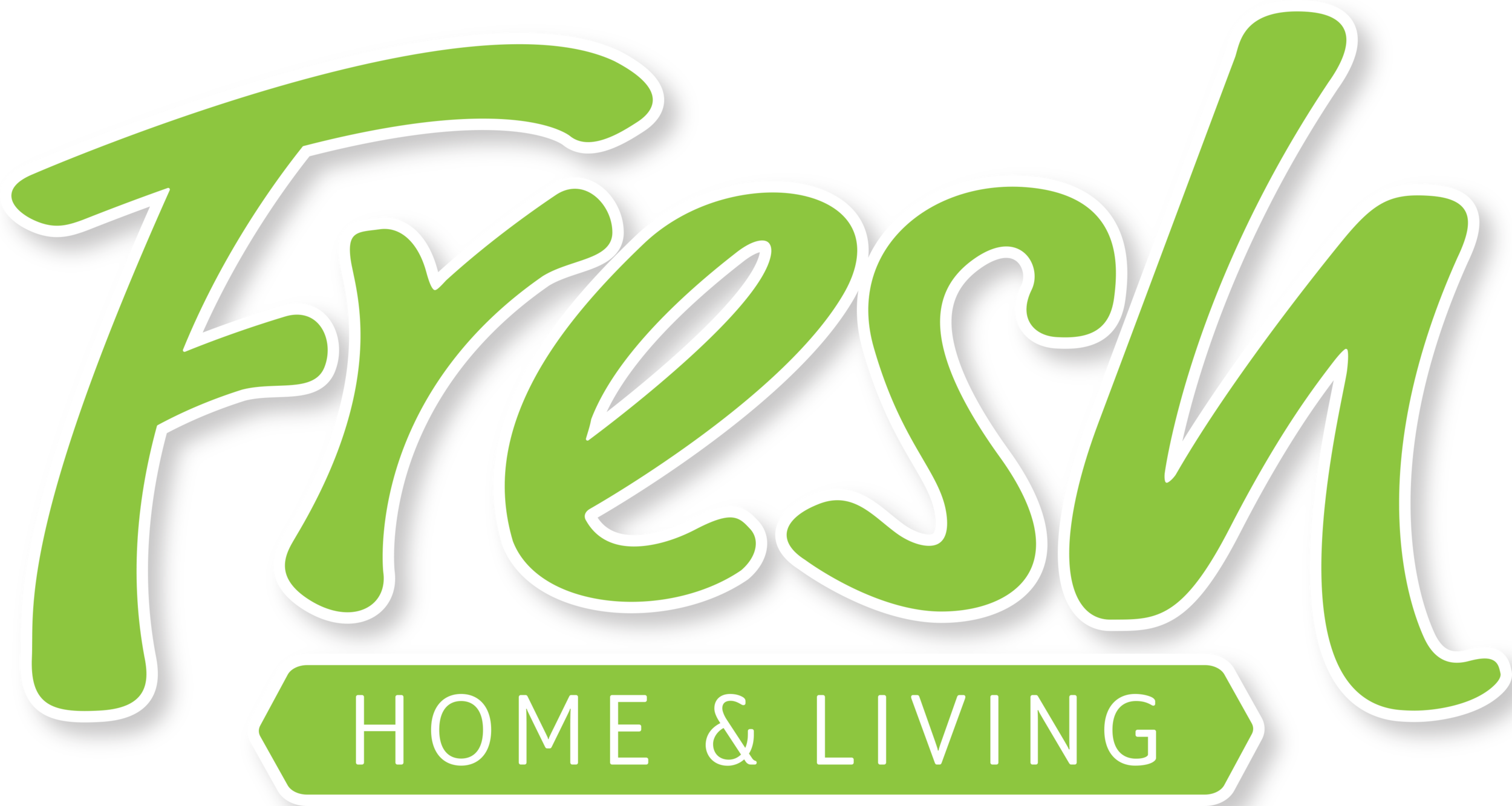Taxing times
If you’re self-employed or in a partnership, you’ll need to file your return by 31st January. These are some top tips to make life simple and (legally) cut your tax bill.
Use an expert. If you have very simple business affairs accounts, you may be able to complete the return yourself, but for everyone else, using a tax professional could make sense. Don’t forget accountancy fees are an allowable business expense.
Remember to claim for every allowable expense, which covers most spending that’s ‘wholly and exclusively’ for business purposes. Most office supplies and equipment are allowable expenses, as is software that you use for a short time or on a subscription basis.
You can claim your actual business-related travel expenses, including parking and a proportion of repairs and servicing on your car. Alternatively, you can claim a flat rate of 45 pence a mile for the first 10,000 miles of business driving and 25 pence a mile after that, though this doesn’t cover a regular commute. If you are going to designate some of your driving as a business activity, check how this affects your car insurance.
You can even claim business costs that aren’t for goods or services. For example, you can claim the cost of any interest or fees on business account overdrafts, loans and credit cards. This is limited to £500 if you use the cash basis for your accounts, meaning you list costs and expenses when payment is made rather than at the point of invoicing.
If you use a room exclusively for your business, you can claim a proportion of your household bills. The standard formula is that you base the proportion on the number of rooms in your house, not counting bathrooms or kitchens.
If you only work part-time or the room serves another purpose (e.g. spare bedroom) you’ll need to reduce the proportion in a ‘fair and reasonable’ way. This is often a better option, as designating a room as being solely for business could have capital gains tax implications if you sell your property.
As well as energy, broadband and other utility bills, you can claim the relevant share of council tax and even rent or the interest part of your mortgage payments.
You can instead claim a flat rate of expenses: £10 for each month with 25 to 50 hours of business use; £18 for 51 to 100 hours; and £26 for more than 100 hours. This replaces your claim for actual household costs other than phone and broadband, so you’ll need to calculate if it works out better for you.
Watch out for things you aren’t allowed to claim for, as this could bring extra hassle, delay and potential financial penalties if you include them in your self-employment expenses. Examples include: most clothing other than uniforms or protective gear; legal fees that came about because of your wrongdoing; and most food and drink, including hospitality for clients.
Disclaimer: Nothing in this article is intended to constitute legal or financial advice
as we rapidly approach the annual self-assessment time!
“always use an expert”

